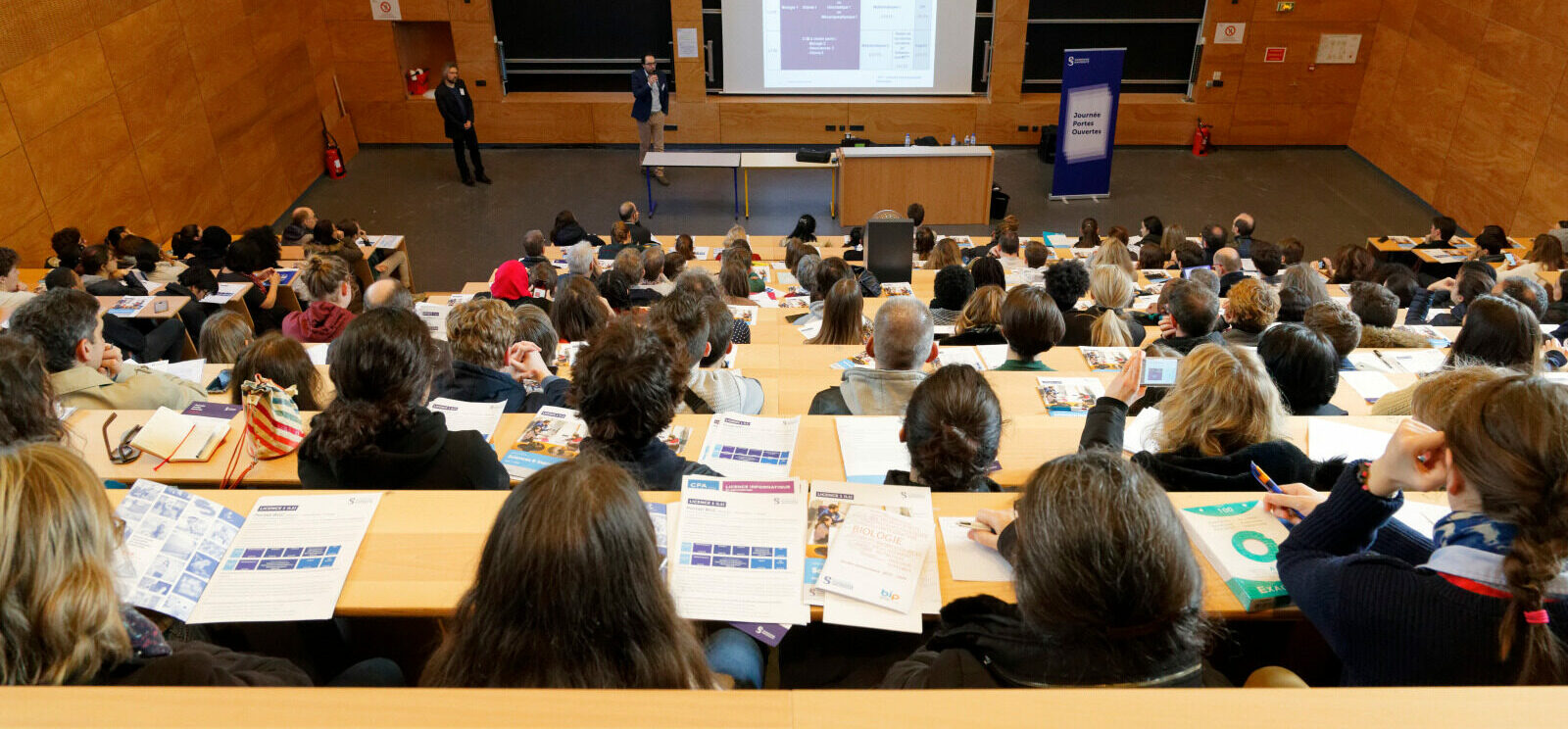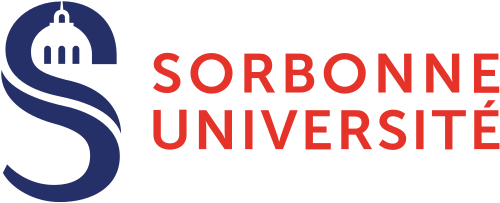The 2025 recruitment campaign for teacher-researchers at Sorbonne Université will runs from 4 March to 4 April 2025. Registrations will be made on the Odyssée ministerial portal (which is gradually replacing Galaxie).
Among the positions opened by the Faculty of Science and Engineering of Sorbonne University, three positions are open with a possible assignment to ISIR:
– A position for a lecturer in “AI for robotics” (section 61 – Computer engineering, automation and signal processing) is available for an assignment at ISIR;
– A position for a senior lecturer in “Modelling and control for robotics” (section 60 – Mechanics, mechanical engineering, civil engineering, and section 61 – Computer engineering, automatic control and signal processing) is available for an assignment at ISIR;
– A position for a lecturer in “Artificial Intelligence: Foundations and Applications” (section 27 – Computer Science) is available at ISIR, LIB (Laboratoire d’Imagerie Biomédicale), LIMICS (Laboratoire d’Informatique Médicale et d’Ingénierie des Connaissances en e-Santé) or CQSB (Laboratory of Computational, Quantitative and Synthetic Biology), depending on the research theme.
Section(s) CNU : 61 – Computer engineering, automation and signal processing
Research
ISIR is interested in the development of robots and intelligent systems capable of operating autonomously in uncontrolled environments, and interacting as naturally as possible with humans. Autonomy here refers to the ability to cope with a variety of situations that are not necessarily anticipated. The candidate’s project will focus on environmental perception and/or interaction, whether with the environment and the objects it contains, or with the humans who use or come into contact with the robot.
Teaching
The person recruited will mainly be involved in the robotics specialization at Polytech Sorbonne, an engineering school integrated into Sorbonne University. He/she will be in charge of several teaching modules in the three years of the engineering cycle. These courses will cover a broad spectrum of computer science applied to robotics (systems computing, object-oriented programming, AI for robotics) and associated tools (git, ROS, etc.). The successful candidate will also be involved in experimental robotics modules and projects.
Section(s) CNU : 60 – Mechanics, mechanical engineering, civil engineering and 61 – Computer engineering, automation and signal processing
Research
Any research project dealing with the modeling and control of the above-mentioned robots is relevant to this position. However, priority will be given to scientific projects falling within at least one of the following research areas: flexible robotics, manipulation of deformable objects, hybrid approaches combining methods based on analytical models with learning techniques based on experimental data. It is also essential that the project does not limit itself to purely theoretical aspects; the experimental dimension is important. For this reason, the work envisaged must include experiments on real robots.
Teaching
In the EEA Bachelor’s program, the person recruited will be involved in L2 and L3 courses on actuators, automation and robotics, as well as in programming (C, Python). Matlab skills will also be appreciated.
As part of the Bachelor’s degree in Mechanics, the person recruited will be able to work in the following units: Computer-aided design, rigid solid mechanics, project-based engineering teaching in L2, and solid dynamics, vibration and robotics in L3.
The “Automatique Robotique” (AR) specialization in the Engineering Science Masters (SDI) department will be significantly restructured from the start of the 2025 academic year. The department aims to strengthen the training of students at the interface between general robotics and its control, mechatronics and its implementation, modeling and simulation of complex physical systems, CAD/CAM, with particular emphasis on experimental aspects of robotics, mechatronics and their applications, in the broadest sense.
CNU Section(s) : 27 – Computer Science
Research
The person recruited may be assigned to one of the following laboratories: ISIR, LIMICS, LIB or CQSB.
ISIR is concerned with the development of robots and intelligent systems capable of operating autonomously in uncontrolled environments, and interacting as naturally as possible with humans. Autonomy here refers to the ability to cope with a variety of situations that are not necessarily anticipated. The corresponding work focuses in particular on dedicated cognitive architectures or learning methods, whatever the type of learning: with or without gradient, statistical, heuristic or bio-inspired, on an isolated agent or in a social or collective context. Interaction (HMI) can also take a variety of forms (verbal, gestural, etc.), and is based on the design of devices, interfaces and dedicated interaction techniques. The study of these interactions can be carried out in particular from the angle of human learning. The candidate will have to develop methods on one or more of these themes, and will join one of the laboratory’s teams, all of which are potentially concerned by this position.
Teaching
The person recruited will be involved in a balanced way in the different levels of training, from L1 to M2. He/she will make a significant contribution to the teaching of the Bachelor’s degree in computer science, whose needs cover the whole discipline (algorithms, programming, discrete mathematics, data structures, systems, architecture, networks, compilation, databases, statistics, etc.). At Master’s level, the person recruited will reinforce the teaching of the various courses in AI and its applications.
More information about the positions and how to apply on the university website.
Scientific contact at ISIR: Stéphane Doncieux, Unit Director.
Published on 13/02/2025 – Updated on 13/03/2025.



